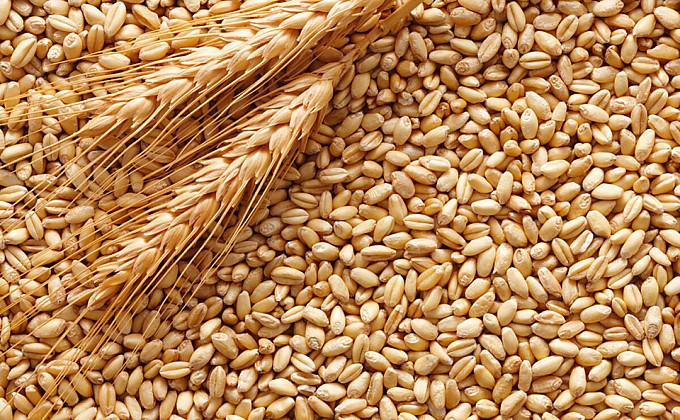
In accordance with the presidential decree "On measures to expand lending to the real sector of the economy and reduce the creditworthiness of the population", by the end of this year, grain receipts are planned to be included in the category of hard collateral with a guarantee of quasi-public sector entities for lending purposes. This was announced by Acting Minister of Agriculture of the Republic of Kazakhstan Yerbol Karashukeyev during a government meeting.
"For this purpose, the Ministry, together with the Agency of the Republic of Kazakhstan for Regulation and Development of the Financial Market and the National Bank, is working on the issue of criteria for including grain receipts as collateral," the head of the department noted.
He said that in order to increase the availability of agricultural entities to preferential financing, work is being carried out to increase lending to second-tier banks and microfinance organizations, expand the mechanisms for co-financing projects in the agro-industrial complex and the food industry by the organizations of JSC "NUH "Baiterek".
"In order to increase the volume of concessional financing of the industry, the Ministry, together with JSC "NUH Baiterek", is working to attract budget investments of JSC "Agrarian Credit Corporation" in the amount of 40 billion tenge in order to implement investment projects in priority areas of the agro-industrial complex," the acting minister said.
Along with this, according to him, 20 billion tenge will be allocated this year to finance the purchase of agricultural machinery, including forage harvesting, and mobile irrigation systems for subsequent leasing to increase the authorized capital of KazAgroFinance JSC. In general, it is planned to allocate 79.4 billion tenge of budget investments for these purposes over three years.
Also, he recalled that the implementation of the project to increase the incomes of the rural population "Auyl Amanaty" has begun, under which microcredits will be issued through an attorney (agent) for up to 5 years, in the field of animal husbandry for up to 7 years, at 2.5% per annum. The maximum amount of the micro-loan is 8.6 million tenge, while for agricultural cooperatives – 27.6 million tenge.
"100 billion tenge is provided for the implementation of the project this year with a plan to issue 17 thousand microcredits, which will create more than 18 thousand new jobs," Karashukeev said.
He noted that in order to provide family farms with feed for agricultural animals, it is planned to create service agricultural cooperatives that will provide services to their members at cost and sell them feed at below-market prices.
"In general, over 7 years, it is planned to allocate up to 1 trillion tenge to the project, covering more than 1 million villagers and involving them in cooperative entrepreneurship with the creation of about 350 thousand jobs," the acting minister said.
Karashukeyev said that work will also continue on the seizure of unused farmland. This year it is planned to return an additional 5 million hectares of agricultural land. At the same time, these lands, first of all, will be distributed to meet the needs of the rural population for grazing livestock.